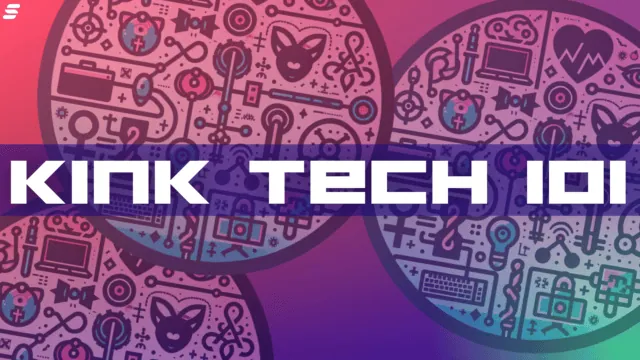Australia is the latest country to be considering scanning people’s faces to verify they are old enough to access porn, as part of a proposed bill to protect internet users from ‘online harms’.
The Online Safety Act bill, currently in draft stage, will give the Office of the eSafety Commissioner more powers to restrict online content accessed by Australian internet users.
Feedback on the draft bill closed on February 14, with some critics saying the Act gives too much power to the eSafety commissioner Julie Imnan Grant, an unelected government official. Imnan Grant’s office was established six years ago, originally set up to tackle children’s cyberbullying. She says the bill’s new powers would be “targeted and surgical”.
Three ‘Big Tech’ companies — Facebook, Google and Twitter — are among those who have criticized the proposed changes, with Twitter specifically questioning a provision in the Act that would allow the eSafety Commissioner to summon people to produce documents or answer specific identity-related questions, much like a police agency.
“As currently drafted, the Bill essentially confers quasi-judicial and law enforcement powers to the eSafety Commissioner, without any accompanying guidelines or guardrails around which cases would constitute grounds for the Commissioner to exercise these powers other than the very broad ‘serious harm’ definition,” Twitter said.
Twitter also criticized the proposed reduction from a 48- to a 24-hour time frame for removing harmful content, saying it is already removed “promptly”.
This is not the first time we’ve seen governments trying to tackle online content with a worryingly broad approach, and it definitely won’t be the last. While the intentions of many of these proposed changes – to remove violent or non-consensual content on the web – might be in the right place, the impossible task of moderating the internet means many ‘solutions’ require implementing systems that ask users to confirm their identity via age verification and ID checks.
So, how would Australia’s proposed Online Safety Act work in practice?
As already mentioned, the Bill would allow for the Office of the eSafety Commissioner – independent government body – to implement its own ‘restricted access system’. In other words, this means having to upload documents, scan fingerprints, scan your face or have your age estimated by artificial intelligence in order to access adult content.
Plans to implement a similar age-verification system in the UK were dropped in 2019, although the political support behind hasn’t totally gone away. There are, of course, privacy issues around age verification, with the mishandling of such sensitive data potentially proving disastrous, as Dr Zahra Zsuzsanna Stardust writes in The Conversation: “The worst-case scenario here is governments collect databases of people’s sexual preferences and browsing histories that can be leaked, hacked, sold or misused.”
Another element of the Online Safety Act is a more stringent complaint system.
Any internet user in Australia can make a ‘class 1’ or ‘class 2’ complaint for any content that doesn’t prompt an internet user to verify their age. ‘Class 1’ material includes depictions of fetishes (spanking, bondage, etc) and ‘Class 2’ would be classified as any material that is “unsuitable for a minor to see”, meaning complaints for content ranging from actual to implied sexual displays could be removed within 24 hours.
The draft laws stipulate that following a complaint, the commissioner can order removal notices as they “think fit”. To add, the bill in its current form doesn’t include a process for content creators to be notified or to have the opportunity to respond to complaints. This means the complaints process would provide even more difficulties for sex workers to make a living online.
Gala Vanting, National Programs Manager at sex workers’ alliance Scarlet Bill, says the bill has been “rushed through parliament”, as the Bill’s first reading in Parliament was on February 24, just 10 days after 376 feedback responses were submitted as part of a public consultation.
Imnan Grant told the Sydney Morning Herald: “My role as a regulator is to protect all Australians from online harm – it’s not to restrict the sex industry. What happens between consenting adults is not my concern, as long as it’s not harming others, especially children.”
One thing’s for certain, Australia’s proposed blanket ban on all content deemed “unsuitable for minors” does not look good for adult content in the country. Not only will it make it more difficult for sex workers to earn an income online, the conservative-minded approach will create more hoops for sextech start-ups Down Under to be able to grow, and is another example of the many porn crackdowns we’re seeing across the globe.
Read next: What is SISEA? And why is it bad for sex workers and porn sites?






Leave a Reply